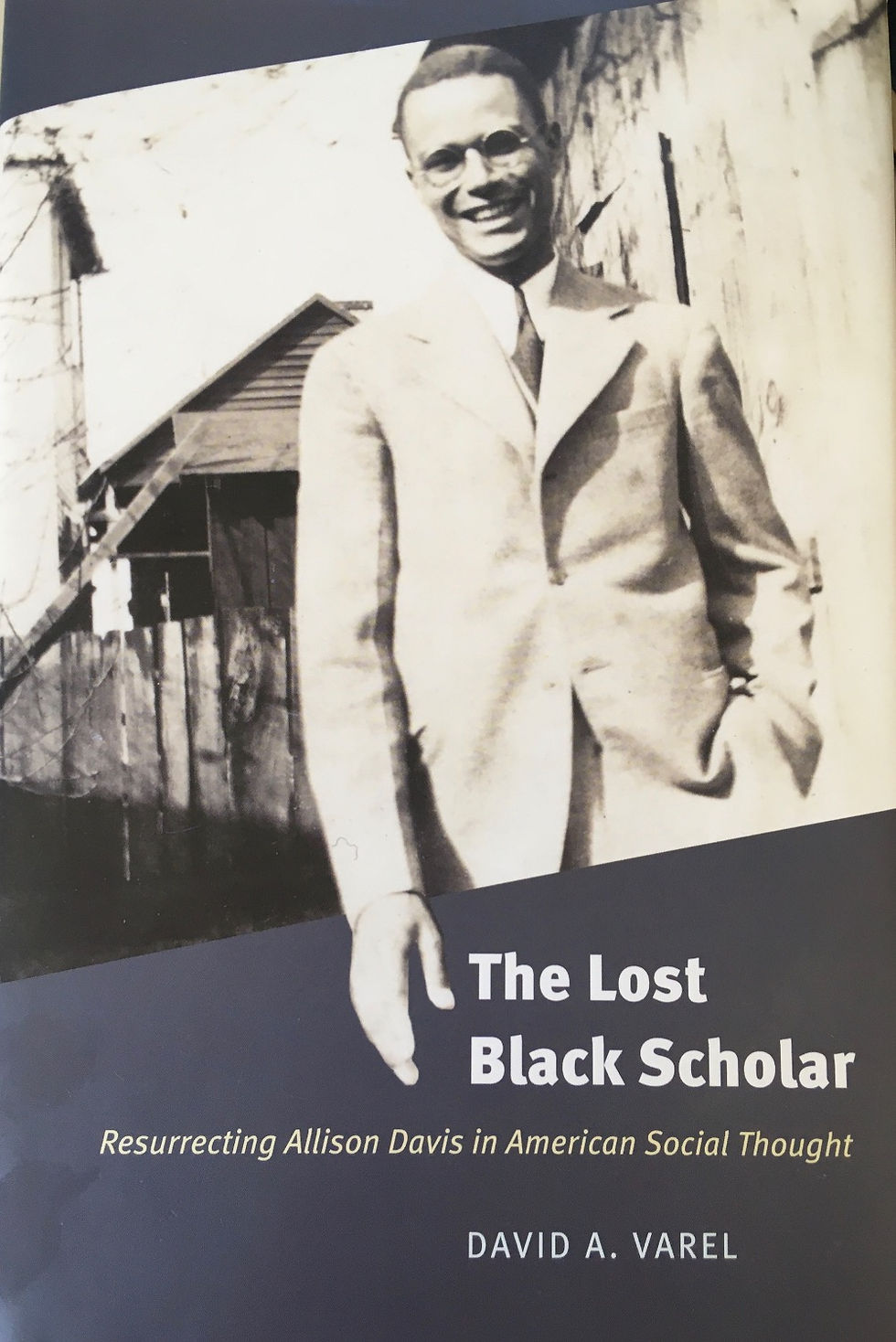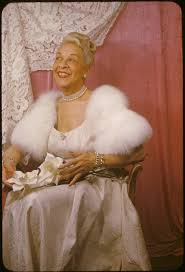Highly Improbable! And yet...
- amylsommers
- Apr 6, 2021
- 4 min read
A Black American representing the diplomatic interests of the United States in the Russian Far East at the turn of the 19th century? Reporting to Washington on the "construction of the Trans-Siberian Railroad, the rapid growth of the European Russian population in the region, the status of the local Jewish population, and the local impact of China’s Boxer Rebellion in 1900"? Being decorated by China's Imperial government for his role in famine relief efforts in North China following the Boxer Rebellion? Highly improbable.
A formerly enslaved unmarried African American woman learning to read, then securing sponsorship from the American Board of Commissioners for Foreign Missions in 1822 to venture across the Pacific to the kingdom of Hawaii (then referred to as the "Sandwich Islands") as one of the earliest Christian missionaries? What if while there she learns the Hawaiian language and persuades the white missionaries who previously operated schools only for the missionaries' own children to allow her to open an elementary school for Hawaiian children? Preposterous.
A Black American woman obtaining an advanced degree in music composition in the early part of the 20th century, studying voice at the American Conservatory of Music in Fontainebleau, France, forming the first professional association in the United States for classically-trained Black musicians, becoming a respected music critic and journalist AND during the interwar period, pursuing a successful world-touring career as a jazz performer? Fantasy.
How about a 17 year old Black youth from rural Georgia who in 1912 makes his way to Virginia to stow away on a ship to the United Kingdom, where he learns to box and later, play drums, touring the Continent and eventually settling in Paris? What if during WWI, he became a highly decorated combat pilot and post-war, the owner of 'the' hot jazz club in Paris (frequented by Hemingway et al), professional trainer and owner of a gym, and as World War II approached, a counterintelligence agent reporting on German officers' leaking secrets while they caroused? Far-fetched, right?
Meet Richard T. Greener, Betsey Stockton, Nora Holt, and Eugene Bullard
Across differences in era, geography, educational level, economic prosperity and fields of endeavor, two commonalities unite these four people: their Blackness, and their agency in pursuing accomplishments generally considered impossible for Black people in their time.
In the 21st century they share a third common feature: they are generally unknown.
There's a downside to today's widespread acknowledgement of the legal, attitudinal, and economic oppression that constrained Black Americans from opportunity in the pre-1965 period. Having recognized the strength of such oppressive forces, the prevailing wisdom seems to be that it's impossible, or at least, far-fetched to imagine Black people nevertheless achieving ambitious, international, professional success.
As an author of a novel set in 1940 with a Black lawyer protagonist, raised by an affluent grandfather, with close friends from China and Japan, who goes to work in Shanghai, China, it's striking to me that among the African American beta readers and advisors who conferred with me about the project pre-publication, the question of whether my protagonist's attributes were believable was never posed.
Isabel Wilkerson writes at p. 135 of her brilliant book, "Caste,"

What if through recognizing the achievements of people like Greener, Stockton, Holt and Bullard, who realized their dreams in a world that told them every day, in every way that they could not, we aid in erasing the images of servitude that shadowed them?
What if there is a Möbius loop of sorts between what we can imagine as having existed, despite historic constraints, and how we today perceive those previously constrained?
In Caste, Wilkerson repeatedly cites the work of a pioneering anthropologist, Allison Davis, who in 1933-35 led a groundbreaking study of the South's social hierarchy, conducted in the heart of 'enemy territory': Natchez, Mississippi, a formerly wealthy, central entrepôt for cotton trading in the pre-Civil War South. Wilkerson evokes the terrible risks Davis, his research partner and wife, Elizabeth, as well as their two white colleagues, faced in carrying out their fieldwork. What they undertook and achieved in the face of life-threatening peril is awe-inspiring.
Allison Davis himself epitomizes the point of suspected impossibility being actuality: outstanding student in college at Williams College, and later, in graduate school at Harvard. He enrolled at the London School of Economics to pursue a Phd, then went to Berlin for graduate studies under a pre-eminent German anthropologist, fleeing Germany in 1933 because of the clear danger rising National Socialism faced to those who did not belong to the dominant caste. Later Davise completed his Phd in the United States and became the first Black person to achieve tenure as a professor at the University of Chicago (and indeed the first African American to hold a full faculty position at a major (read: white) university). His contributions to the field of anthropology were significant. Yet the title of the only biography written to date about him?

Historians focused on African American history (both professional and independent, such as is published on BlackPast.org) excavate the realities and facts of Black achievement, resurrecting those buried or too long overlooked.
With every history of an adventurous and intrepid person like Greener, Stockton, Holt, Bullard and hundreds more, we are offered the chance to make our understanding of them, and what they achieved despite every possible barrier, richer and more nuanced. It's a chance I hope we accept.















Comments